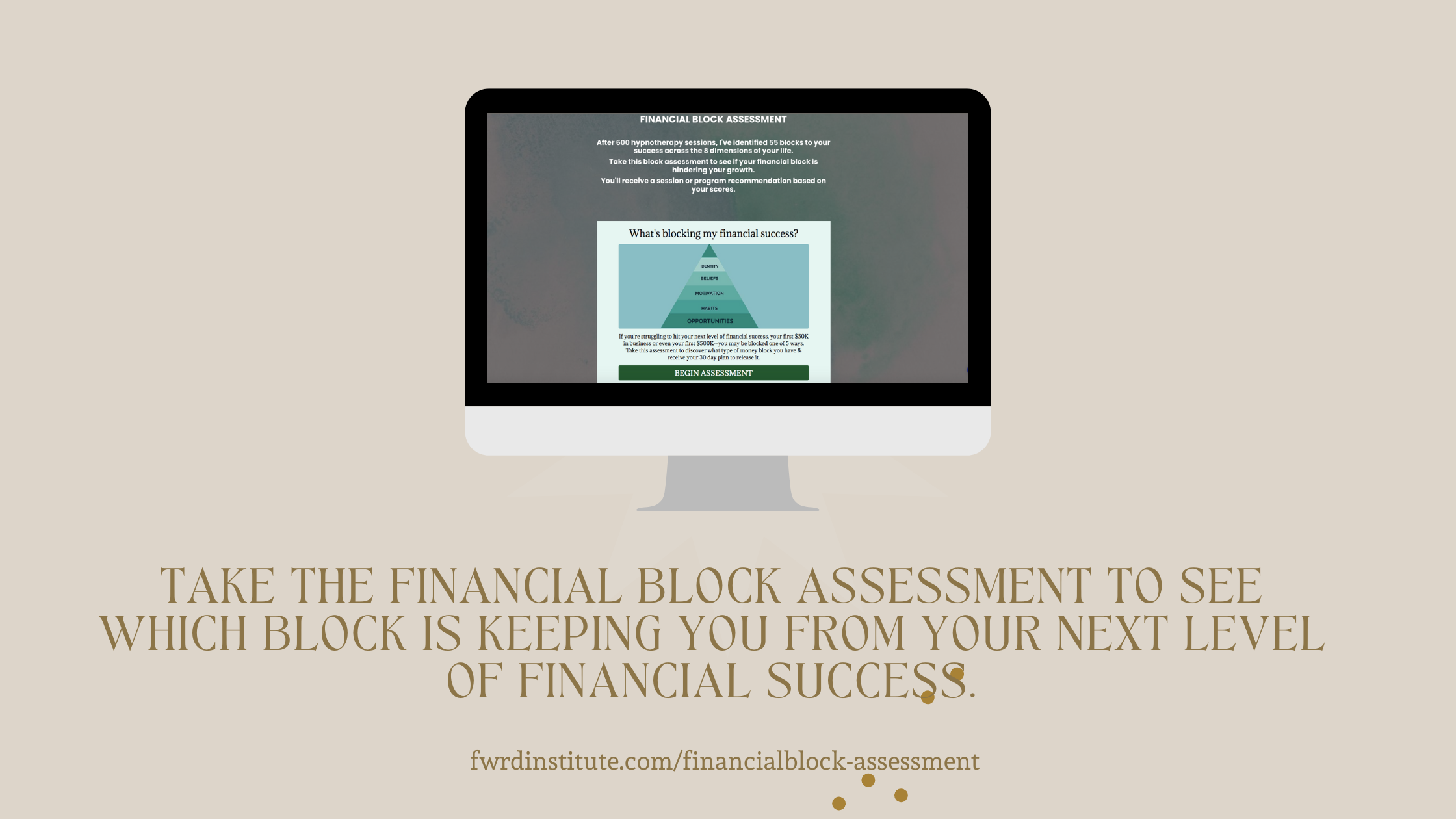Blaming Others Will Block Your Business Success

This mental habit is a sneaky one for entrepreneurs. We’ll blame the algorithm, branding, competitors, even potential clients. If your mindset is one that seeks to place blame on others or the world for your misfortunes, then you may have a blaming mindset that is keeping you from realizing your dreams. Refusing to take responsibility, shifting blame away from yourself, and never believing anything could be your fault indicate that your mindset is not one of acceptance and responsibility.
Understanding the Mental Habit of Blaming
How often do you hear yourself saying, “Well, if THEY hadn’t…” or “It’s not my fault that I…”? These types of statements indicate that you are known to shift blame away from yourself and, most likely, onto others that you believe are the real cause of your problems. If your unhappiness is caused, in your mind, by the actions and intentions of others, you have a blaming mindset.
Whether you blame your spouse, a complete stranger, God, or your colleague, shifting responsibility away from yourself and onto others is likely to cause problems for both you as well as for those who you blame. So, why do we blame others? There are several important reasons why you may act this way.
The most common reason we blame others is so that we ourselves do not have to accept responsibility. It’s a lot easier to blame someone else for your shortcomings than it is to work hard to overcome your faults and learn from your mistakes. If it’s not your fault, then you don’t really need to try hard in the future.
Blame is also a defense mechanism. You can preserve your self-esteem when you choose to ignore your own failings and shift fault for your inadequacies onto others. Some call this reason “saving face,” and it can be a powerful motivator you may not even be aware of.
You may blame others in order to hurt them. If you have a negative mindset that also longs for others to be just as unhappy as you, then blaming others is a way to make them hurt, just as you are hurting.
The unfortunate part of having a blaming mindset is, the more you blame others in your life, the more likely you are to lose. You can lose loved ones and close friends, you can lose respect for yourself, and you can miss out on the opportunity to learn and become a happier, more successful person.
How To Overcome The Blaming Mindset
To improve your mindset, you first need to recognize when you are blaming others for your mistakes. If you use a lot of excuses that include absolutes (“you never…. “you always”), or if you consistently focus on expectations for others’ behaviors, then you likely engage in blaming behaviors. Becoming aware of your own patterns of behavior is the first step to adopting healthier habits.
Focus on empathy, not judgment. If you want to place responsibility on someone else, first make sure you understand that person. You are not perfect, so you should not expect that others will be either. Instead, focus on the situation, the intent of the other person (if they genuinely wronged you), and what you can collectively do to learn from the situation and move forward.
Own your role in whatever the circumstances are that created the negative outcome. What did you do that played a role in the failure or setback? What decisions could you have made differently? How are you responsible, and what will you do with this knowledge moving forward?
Continuing to blame others for your own issues and problems could signal a deeper psychological trauma. If your blaming behavior is harming your relationship with others, you may want to seek guidance from a mental health professional to help you let go of this negative behavior.
Blaming others is something we do to protect ourselves. Once you recognize this behavior in yourself, it’s essential to identify the roots of your actions as well as develop more positive responses. Learning to accept responsibility for yourself, including the positive and negative aspects of your life, means you embrace the person you are becoming and are ready to achieve happiness.
Take our free assessment to identify the type of block you may have here




